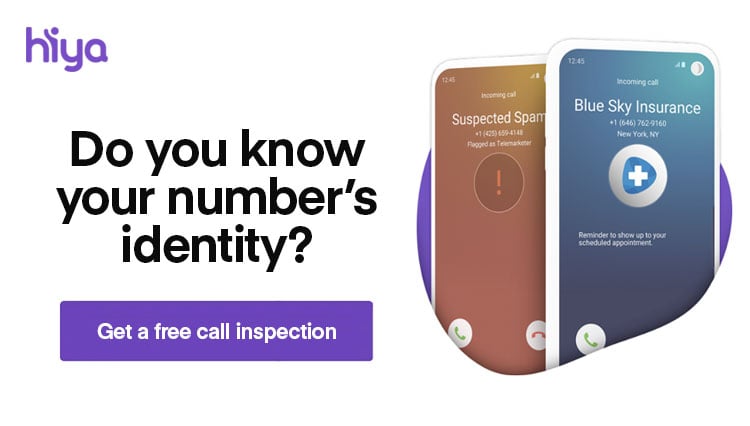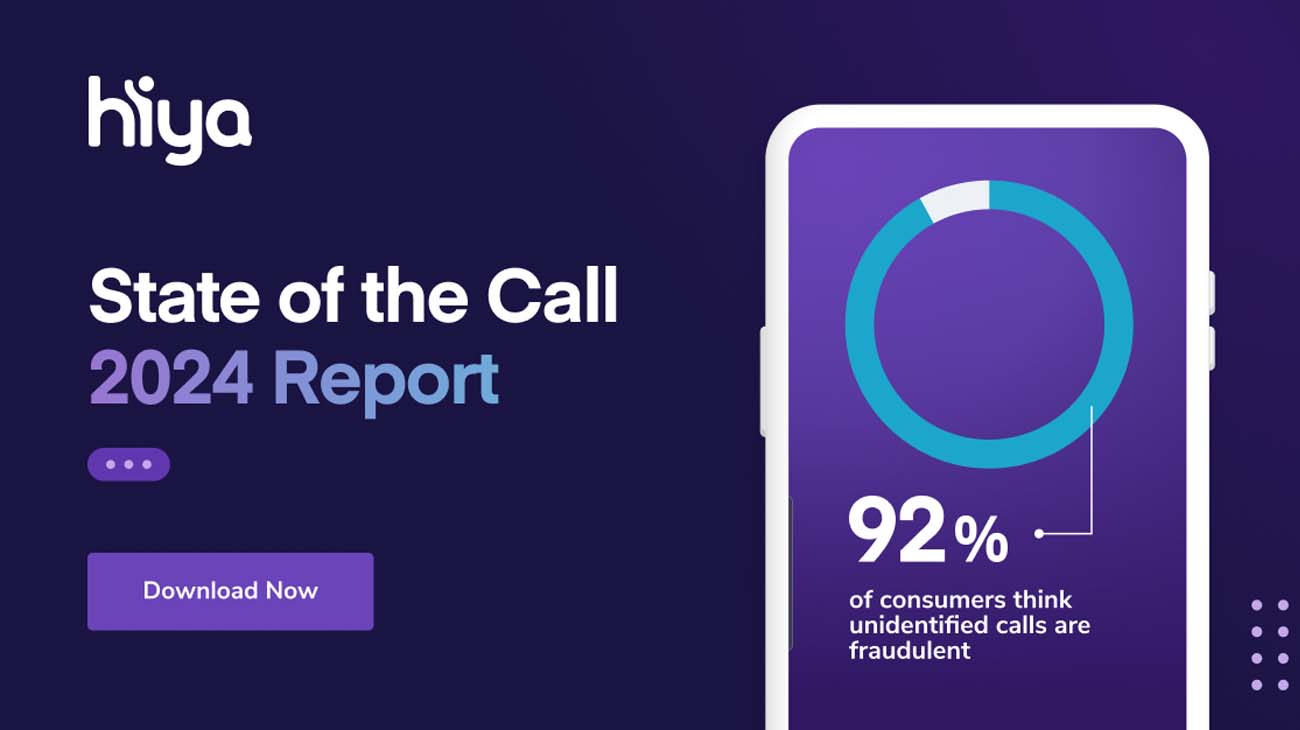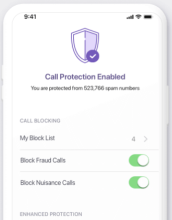It’s not a surprise that we’re constantly flooded with a number of scams, spams, and robocalls. What makes those calls even worse is when callers trick us into picking up the phone by disguising themselves as legitimate businesses. This is better known as “phone spoofing.”
Recognizing this growing issue, U.S. Representative Grace Meng (D-Queens) took a stance with the Anti-Spoofing Act (H.R. 2669). Passed by the House of Representatives last November, and most recently by the House, the bill is now making its way to the Senate.
Meng’s bill will make call and text spoofing outside of the U.S. illegal and according to her press release would:
- Broaden the law to prohibit spoofing from abroad. Presently, spoofing to defraud Americans is not against the law if the calls originate from outside the U.S.
- Broaden the law to include new internet-based Voice over Internet Protocol (VoIP) services that enable callers to make outgoing-only calls from computers and tablets to mobile and landline phones, a practice that has contributed significantly to the spoofing problem
- Broaden the law to include text messaging, a spoofing method that fraudsters use with increased regularity
A spokesperson for Congresswoman Meng agreed that it is difficult to enforce outside the country. However, he said that if this bill passes, it would give victims the opportunity to sue the offender. If they have any assets in the United States, those could be seized should a victim win the lawsuit, reported WHEC News 10.
Senator Chuck Schumer who introduced the ROBOCOP Act, spawning the FCC’s fight against robocalls, is in support of Meng’s legislation.













